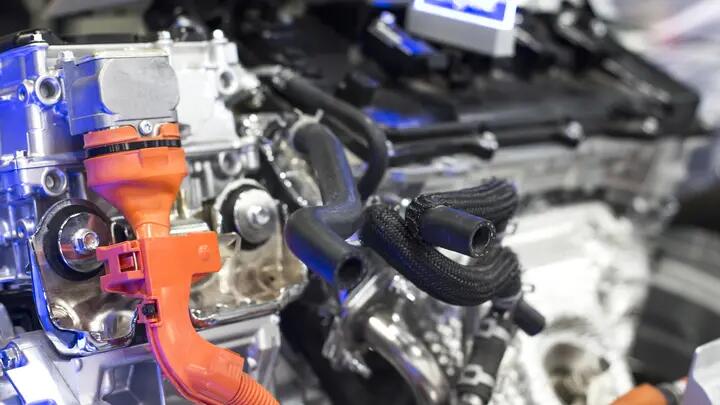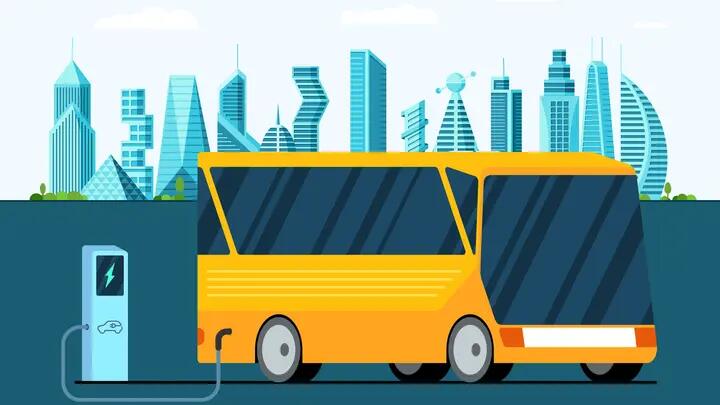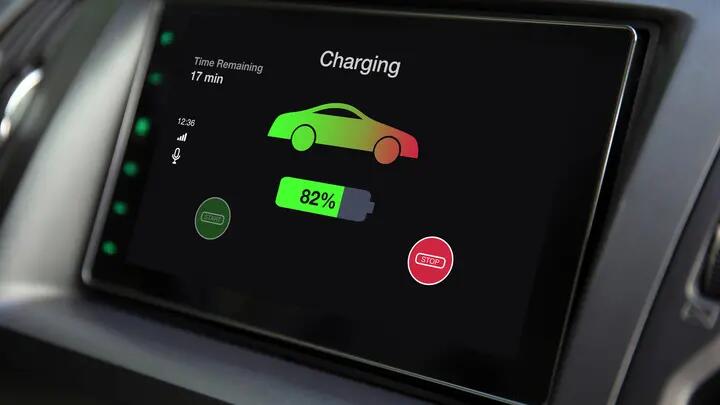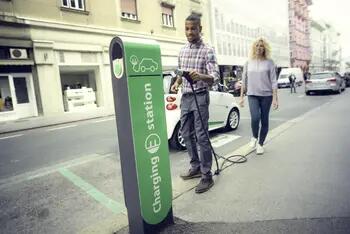RFP 3
RFP 3
Although Electric Vehicle (EV) sales have surged in 2019 globally, the numbers remain low in the context of overall new car registrations. While every generation of vehicle tends to be cleaner than the one before, the trend for buying bigger, heavier cars is on the rise and looks set to continue.

Green Number Plates
As part of the UK government’s £1.5bn strategy to reduce road pollution, the Department for Transport (DfT) is currently running a consultation on the introduction of green number plates for ultra-low emission vehicles (ULEVs), following a successful roll out in Norway, Canada and China.
The green plates could mean certain perks for EV drivers, including using bus lanes and reduced parking fees. Benefits like this will appeal to big city drivers, but for those in more rural areas it’s not likely to have a huge impact. We also need to consider the longevity of this roll out. As more EVs are registered in the UK, it’s likely that such perks will ultimately be scaled back, so it could be viewed very much as short-term initiative to get the numbers up. The government must also be mindful that not every driver would necessarily want a green number plate, so should they be introduced, it is anticipated that they will be optional.

Battery Technologies
Whilst many new battery technologies are in development, none have yet been able to commercially challenge lithium ion, which remains the dominant battery technology for EVs and consumer electronics.
Consequently, current advances in battery technology that will benefit the consumer are largely related to higher yield fabrication processes and the scaling up of global cell production, both of which will inevitably lead to reduction in cost. As battery cost constitutes a large proportion of the cost of an EV, any reduction should aid increases in vehicle adoption.
Until such a time that a technology with a greater energy density than lithium ion becomes a commercial reality, the range of an EV will remain inexorably linked to existing lithium ion battery size and weight – with greater range requiring a proportionally larger battery.

Charging
One widescale challenge in attracting new EV customers is the lack of perceived convenience around charging. Drivers ultimately want the security of knowing they can charge when required and if necessary, charge quickly. Whilst manufacturers are making significant advances in rapid charging, it is reasonable to assume that the process will never be as quick as refuelling a conventional vehicle and the numbers of fast chargers available will always be lower than their slower counterparts.
Nonetheless, the numbers of public charging stations available in the UK continues to increase with the total now exceeding the number of conventional filling stations. Whilst the two are not directly comparable, it makes for an interesting statistic. VW’s recent partnership with Tesco in the UK has seen free-to-use EV charging points installed in 100 store car parks, with another 2,400 in the pipeline, providing the opportunity to charge while you shop. Great news for all, but not so much a ground-breaking development for the industry.
Where significant progress is likely to be seen in 2020 in the charging arena, is the UK government mandating that the numerous owner/operators of public charging infrastructure come together to develop a universal card to allow access to their slow charging equipment. Such a move will eliminate the current requirement to register with multiple charging providers and carry multiple cards to ensure you can charge anywhere. Furthermore, 2020 will see the requirement for all new rapid chargers to accept one-off card payments without the need to register with a provider.
Whilst several trials have been taking place, we have yet to see widescale deployment of Vehicle to Grid. Also referred to as ‘V2G’, it enables energy stored in EVs to be fed back into the national electricity network (or ‘grid’) to help supply energy at times of peak demand. Benefitting both the electricity distribution system and the EV owner (early trials have promised participants savings of up to £570 a year), V2G holds huge potential to assist with smoothing demand on the grid as more renewable and unpredictable generation comes online and EV adoption rates increase.

Software
There have been great automotive technological software innovations in recent years, including developments to in-car entertainment, safety and connectivity across all types of vehicles. However, manufacturers are keen to load electric vehicles with the latest technology – some arguably very useful such as the ability to summon a vehicle from a parking space and some arguably more frivolous, Tesla’s ‘Car-eoke’ being an example.
One keen area of interest is the ability of manufacturers to effectively upgrade a car’s capability based on Over-the-Air (OTA) software updates. Whilst such upgrades may include features such as those described above, we are also starting to see performance upgrades via software. As real-world data is transmitted from existing vehicles back to the manufacturer, they are discovering that additional battery and motor performance can be extracted without detriment to equipment.
Whilst this means that early adopters of EVs are effectively replacing some elements of manufacturer testing, this highly innovative approach is benefiting owners of some existing models and will doubtless benefit further EV development and by extension, future EV adopters.
However, this is not without controversy as some of these early performance upgrades come at a financial cost. The question as to whether it is correct to charge you access to something you have already paid for (after all there is no physical upgrade to the vehicle – the components were already there when the car was purchased) is likely to be one that is debated extensively in the future as other manufacturers doubtless follow suit.

How can World Kinect Energy Services help?
Are you considering installing charging points or electrifying company fleets? At World Kinect Energy Services, we empower businesses to make the right energy decisions for their operation, making sure they fully understand the costs and benefits of transitioning to electric transportation.
